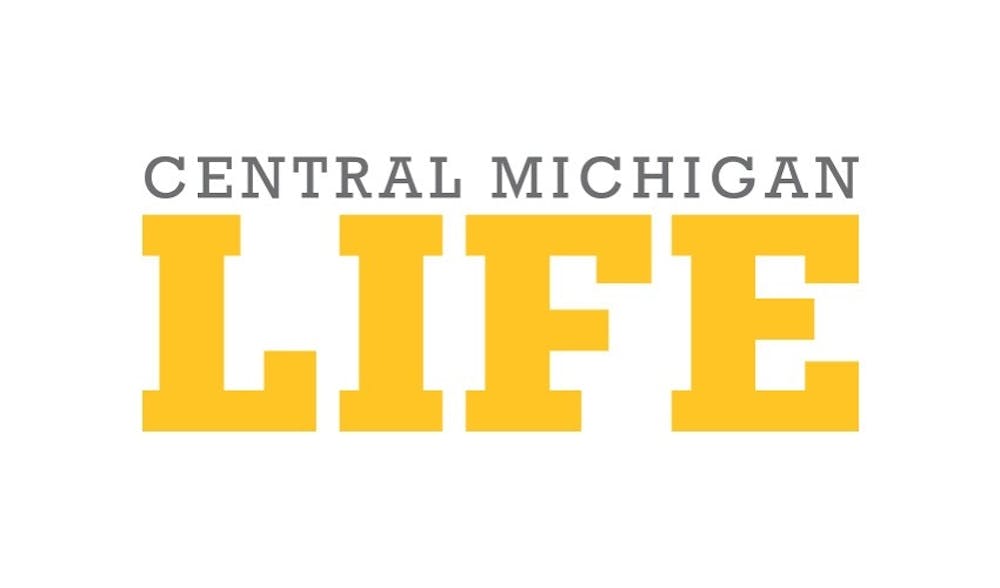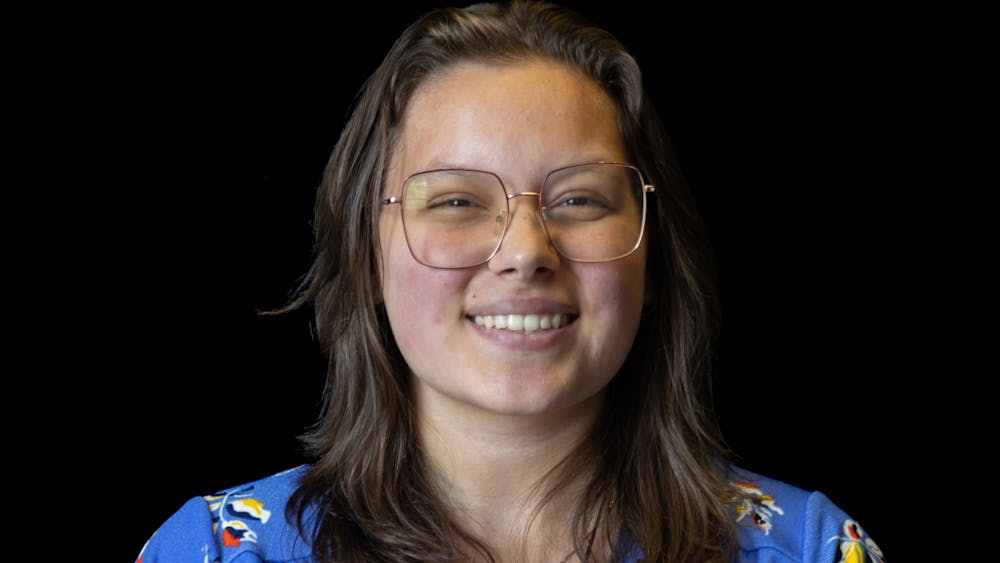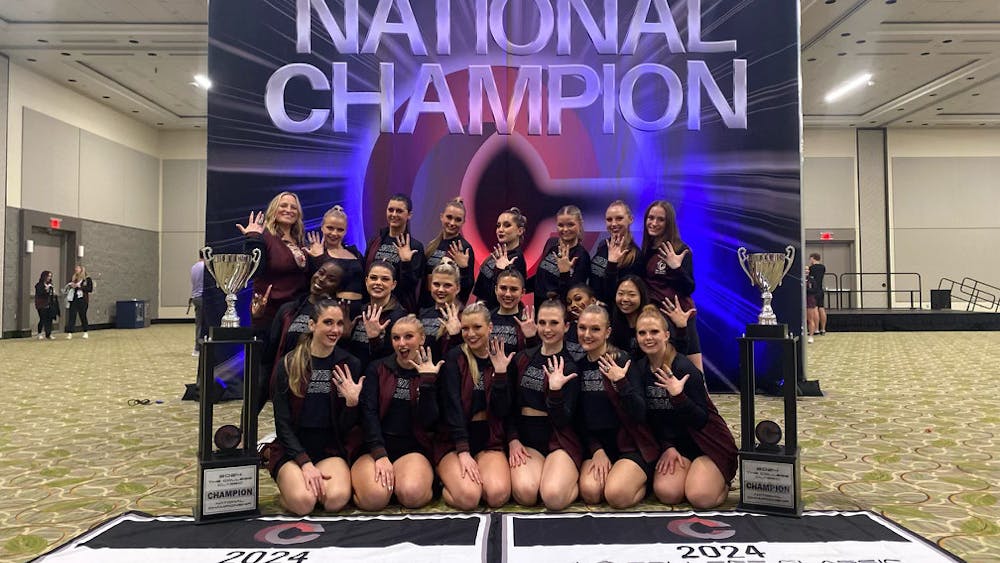New teaching qualifications for faculty to be initiated in June
A new teaching qualification policy will be implemented at Central Michigan University starting June 2017, Provost Michael Gealt announced at the Academic Senate meeting on Tuesday afternoon.
According to Gealt, under the “Teaching Faculty Qualifications Policy and Procedures” standards, faculty at CMU will need to either have a master’s degree or higher in their teaching discipline or subfield, or a master's degree or higher with 18 credits in the discipline they are teaching to be an eligible educator.
“This makes sure faculty are experts in their subject matter,” Gealt said.
The policy states faculty need to complete an academic program in the field, or subfield they teach or develop curriculum in, containing coursework of at least one academic level above the courses being taught.
This means faculty teaching undergraduate courses need a master’s degree in their field, and faculty teaching Master’s level graduate courses need a terminal degree and a record of research, scholarship or achievement.
The policy also states that in appropriate disciplines experienced-based qualifications will suffice in lieu of academic requirements, as long as the faculty aren’t teaching University Program courses or medical courses within the College of Medicine.
Vice Provost Claudia Douglass said the experienced-based clause is necessary, because several degree programs value experience as a source of knowledge — such as American Sign Language and Physical Education — and post-graduate degrees are uncommon for some fields.
Qualifications are an issue for a lot of institutions, Gealt said. These policy changes ensure that faculty members are appropriately credentialed to teach the courses they are assigned.
The qualification policy will apply to all instructors, both fixed-term and tenured, with primary responsibilities in teaching and developing curriculum. The terms do not apply to graduate teaching assistants, because they are in current pursuit of a higher education.
However, the policy does state that CMU must provide graduate students who teach undergraduates training and supervision.
The new policy must be in effect when the Higher Learning Commission reviews and assesses CMU in the 2019-20 academic year. Gealt explained that the HLC is the largest regional degree-granting institution accreditor, and its review determines federal funding received by the university.
Douglass said, “quality teaching is priority, and CMU has always been dedicated to hiring exceptional faculty.”
She explained that the qualification policy is being implemented so the university can provide documentation to HLC for the upcoming assessment. Although the policy is new, she said CMU has been practicing the same standards for a long time.
“There is no intention, or expectation, for faculty changes (as a result of this policy),” she said.
Gealt said academic departments can apply and approve exceptions if a faculty member does not meet the new academic or experience-based qualifications.
The policy states exception cases must be presented to the college dean, after the affiliated department chair provides the dean with evidence and an explanation of person’s qualifications. College deans are responsible for allowing and documenting all faculty exceptions made in their college.
At the meeting, the senate also approved the development of a new master’s program — Master of Entrepreneurial Transactions.
However, the program still needs to be approved by the State of Michigan before being added to the graduate student bulletin. If approval is granted, the program could be implemented by 2018.
Additionally, the senate approved wording changes in the Special Topics Courses policy — a 17-year-old document — to clarify confusion caused by the language.
The special topics policy now defines that no more than half of the credits students receive for their major and minor can be titled “studies, topics, issues and workshops.” The senate also agreed to incorporate graduate students into the guidelines as well, because special topics courses apply to both undergraduate and graduate student’s curriculum.
The senate also announced plans to change the name of the department of Foreign Languages, Literatures and Cultures to the department of World Languages and Cultures. Any objections to the name change must be submitted to the senate office by Feb. 7.





